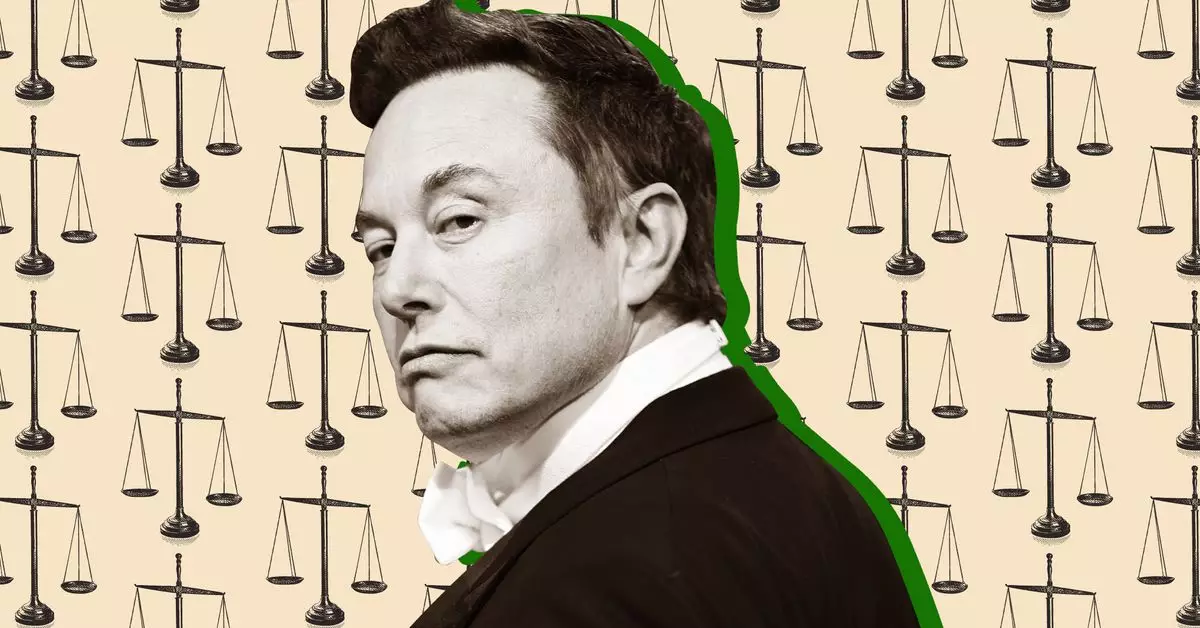Elon Musk, known for his influential role in several technology ventures, has turned his attention to OpenAI, the artificial intelligence company he co-founded. Recently, this dynamic has escalated into a legal confrontation as Musk’s attorneys seek to impose restrictions on OpenAI’s shift to a for-profit model. This move not only reflects Musk’s desire to maintain oversight over the organization he helped establish but also raises significant questions regarding the implications of corporate transitions in the ever-evolving tech landscape.
In a motion submitted to the court, Musk’s lawyers are asking for a preliminary injunction that would prevent OpenAI from making the transition to a profit-oriented business. This request stems from concerns over the financial integrity of OpenAI, especially under its current leadership. Musk’s legal team argues that CEO Sam Altman’s actions may lead the company into a financial position that could hinder its ability to compensate for potential damages should Musk prevail in the lawsuit. This presents a stark reminder of how corporate governance and management decisions are under intensive scrutiny, particularly when allegations of self-dealing arise.
At the core of this legal dispute are antitrust allegations. Musk’s attorneys contend that OpenAI, in collaboration with Microsoft, has engaged in practices aimed at suppressing competition. Specifically, they assert that these two entities allegedly discouraged investors from providing funding to competitors, which could constitute a violation of the Sherman Act. The accusations highlight a crucial debate on ethical conduct in business practices within the technology sector, particularly in an era where innovative startups vie for survival against established giants.
OpenAI’s quest to transition to a for-profit entity signals a noteworthy evolution in its operational strategy. Such a shift aims to expand its access to capital and drive innovation, especially in a field that requires extensive research and development funding. However, the friction created by Musk’s lawsuit underscores the potential risks associated with this endeavor. Stakeholders from various sectors are likely to watch closely, as the outcome may serve as a precedent regarding similar transitions in the tech industry.
This legal confrontation, while centered on OpenAI, reflects broader themes in technology, including competition, ethics, and corporate responsibility. As companies navigate the complex dynamics of profitability and innovation, the principles that guide their decisions may be forced into the spotlight. The consequences of Musk’s lawsuit could reverberate across the industry, challenging companies to reassess their strategies around partnerships and competitive practices.
As the legal proceedings unfold, the relationship between innovation and regulation will be tested. Musk’s initiative to curtail OpenAI’s profit shift may ultimately serve as a crucial juncture for the company and the tech industry at large. This case exemplifies the intricate interplay between competitive practices and the ethics of business, reminding us that the future of artificial intelligence—and how it is monetized—depends on navigating these complex waters effectively.

